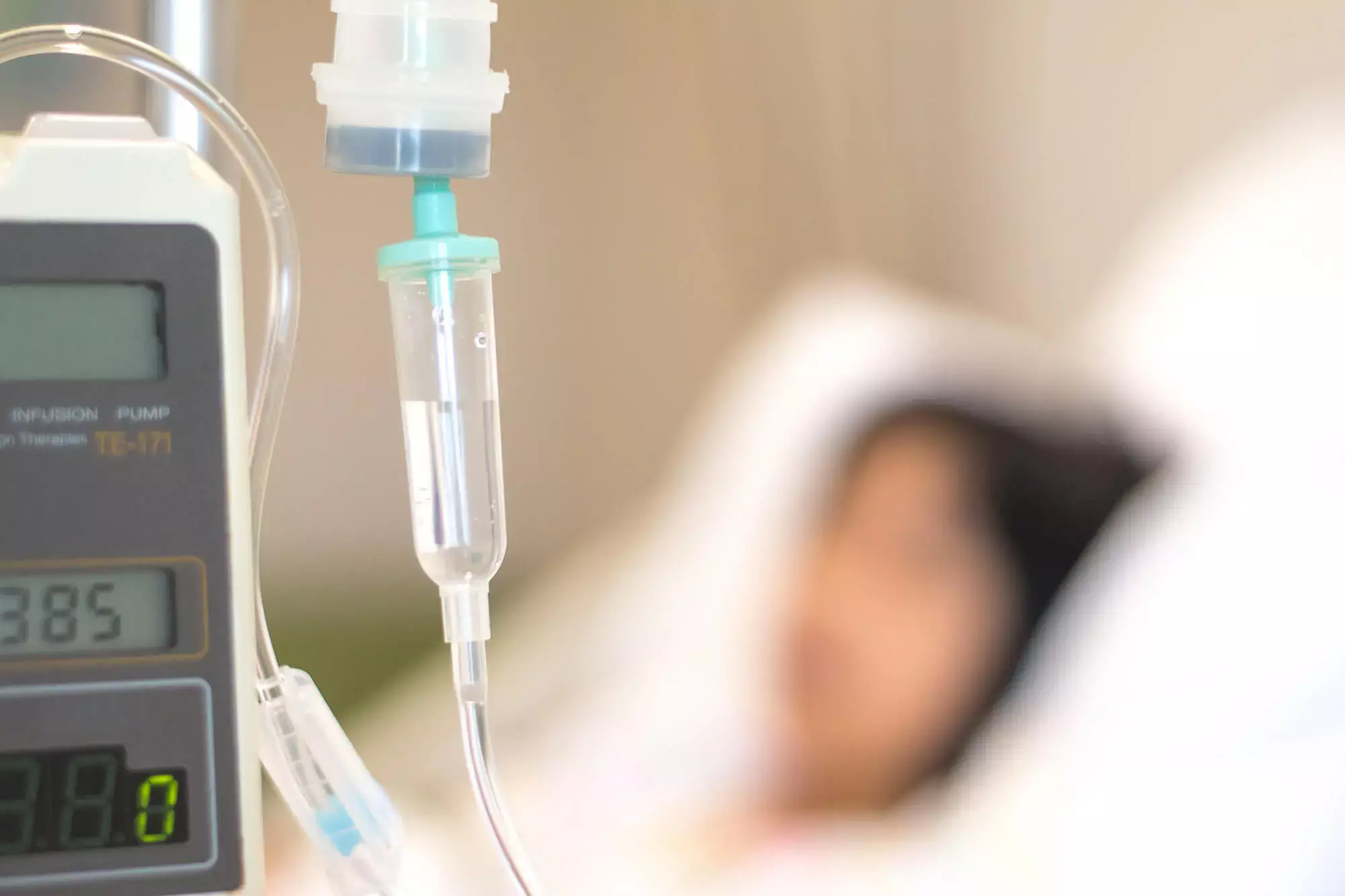- Home
- Medical news & Guidelines
- Anesthesiology
- Cardiology and CTVS
- Critical Care
- Dentistry
- Dermatology
- Diabetes and Endocrinology
- ENT
- Gastroenterology
- Medicine
- Nephrology
- Neurology
- Obstretics-Gynaecology
- Oncology
- Ophthalmology
- Orthopaedics
- Pediatrics-Neonatology
- Psychiatry
- Pulmonology
- Radiology
- Surgery
- Urology
- Laboratory Medicine
- Diet
- Nursing
- Paramedical
- Physiotherapy
- Health news
- Fact Check
- Bone Health Fact Check
- Brain Health Fact Check
- Cancer Related Fact Check
- Child Care Fact Check
- Dental and oral health fact check
- Diabetes and metabolic health fact check
- Diet and Nutrition Fact Check
- Eye and ENT Care Fact Check
- Fitness fact check
- Gut health fact check
- Heart health fact check
- Kidney health fact check
- Medical education fact check
- Men's health fact check
- Respiratory fact check
- Skin and hair care fact check
- Vaccine and Immunization fact check
- Women's health fact check
- AYUSH
- State News
- Andaman and Nicobar Islands
- Andhra Pradesh
- Arunachal Pradesh
- Assam
- Bihar
- Chandigarh
- Chattisgarh
- Dadra and Nagar Haveli
- Daman and Diu
- Delhi
- Goa
- Gujarat
- Haryana
- Himachal Pradesh
- Jammu & Kashmir
- Jharkhand
- Karnataka
- Kerala
- Ladakh
- Lakshadweep
- Madhya Pradesh
- Maharashtra
- Manipur
- Meghalaya
- Mizoram
- Nagaland
- Odisha
- Puducherry
- Punjab
- Rajasthan
- Sikkim
- Tamil Nadu
- Telangana
- Tripura
- Uttar Pradesh
- Uttrakhand
- West Bengal
- Medical Education
- Industry
Corticosteroids May Improve Outcome in AHF Patients with Elevated CRP

Abnormalities in the inflammatory cascade are well known to be associated with both the onset and progression of heart failure (HF) and related to outcome and cardiac remodelling, even though microbial infection is not involved in most cases. In a recent study, researchers reported that corticosteroids might have the potential to improve outcomes in acute HF (AHF) patients with inflammatory activation. The study findings were published in the journal ESH Heart Failure on April 08, 2022.
Corticosteroids are potent agents used to reduce inflammation and hence could be considered as potential anti-inflammatory therapy to be administered intravenously (IV) in the emergency department (ED). To further explore, Dr Gad Cotter and his team conducted a study to evaluate whether the degree of inflammation, reflected by the C-reactive protein (CRP) level, modifies the effect of IV corticosteroids administered in the emergency department on clinical outcomes in patients with AHF.
In a sub-analysis of the Epidemiology of Acute Heart Failure in the Emergency Departments (EAHFE) registry, the researchers included 1109 patients diagnosed with AHF in the ED with confirmed N-terminal pro-B-type natriuretic peptide > 300 pg/mL and CRP > 5 mg/L in the ED. Patients included in the analysis were divided into two groups: patients receiving corticosteroids in the ED (corticosteroid-treated group, n=121) and patients who did not receive corticosteroids (corticosteroid-untreated group). The major outcome assessed was 30-day all-cause mortality. The researchers also assessed for in-hospital all-cause mortality and a 30-day post-discharge composite outcome comprising ED revisit, hospitalization, or death. They further performed subgroup analyses examining increasing CRP thresholds.
Key findings of the study:
- Although not statistically significant, the researchers observed that the HRs tended to decrease with increasing CRP levels with point estimates favouring corticosteroids at CRP levels above 20.
- Upon analysis, they found that in patients with CRP > 40 mg/L
♦ All-cause mortality at 30 days was 11.8% with corticosteroids and 19.4% without (HR 0.56).
♦ Post-discharge ED revisits at 30 days was 42.3% with corticosteroids and 43.8%without (HR 0.92).
♦ In-hospital all-cause mortality was 8.8%with corticosteroids and 13.4% without (HR 0.61).
The authors concluded, "The present analysis suggests that corticosteroids might have the potential to improve outcomes in AHF patients with inflammatory activation. Larger, prospective studies of anti-inflammatory therapy should be considered to assess potential benefit in patients with the highest degree of inflammation".
For further information:
DOI: https://doi.org/10.1002/ehf2.13926
Keywords:
Corticosteroid use, heart failure, Acute heart failure, IV Coticosteroid, elevated CRP, C-reactive protein, EAHFE Registry, anti-inflammatory therapy, degree of inflammation, ESH Heart Failure.
Medical Dialogues Bureau consists of a team of passionate medical/scientific writers, led by doctors and healthcare researchers. Our team efforts to bring you updated and timely news about the important happenings of the medical and healthcare sector. Our editorial team can be reached at editorial@medicaldialogues.in.
Dr Kamal Kant Kohli-MBBS, DTCD- a chest specialist with more than 30 years of practice and a flair for writing clinical articles, Dr Kamal Kant Kohli joined Medical Dialogues as a Chief Editor of Medical News. Besides writing articles, as an editor, he proofreads and verifies all the medical content published on Medical Dialogues including those coming from journals, studies,medical conferences,guidelines etc. Email: drkohli@medicaldialogues.in. Contact no. 011-43720751


